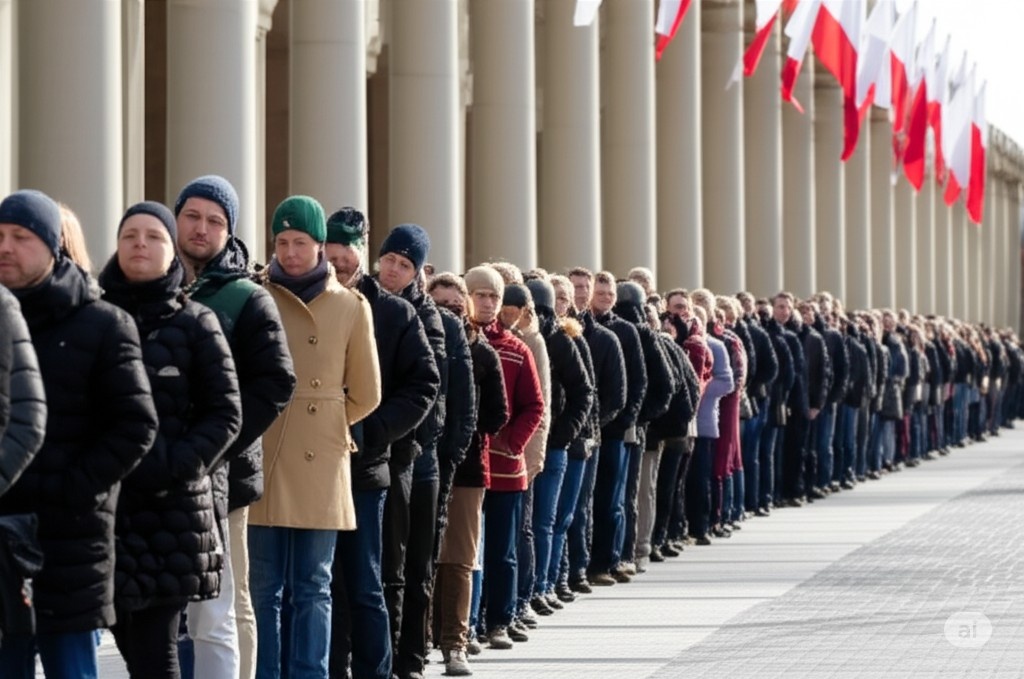Warsaw, Poland – Poland’s main opposition party, Law and Justice (PiS), has proposed significant changes to the country’s citizenship laws, aiming to extend the minimum residency requirement for foreign nationals from three to ten years. The proposed amendment comes amid growing concerns about immigration and the need for better integration of foreign nationals residing in the country.
Currently, Poland has some of the most liberal citizenship regulations within the European Union. Foreign nationals are eligible to apply for citizenship after just three years of legal residence in Poland. However, PiS argues that this threshold is too low and does not allow sufficient time for foreigners to fully integrate into Polish society.
Citing immigration pressures and the need to align more closely with other EU member states, the party suggests that the ten-year residency requirement would better ensure that applicants are prepared for the responsibilities of Polish citizenship.
According to Rzeczpospolita, the authors of the proposed legislation argue that a longer period of uninterrupted residence would allow foreign nationals to acquire a sufficient command of the Polish language (at least B1 level), understand the country's legal and social systems, and become familiar with its cultural norms. “Ten years is a realistic period for someone to fully adapt and be ready to take on the role of a citizen,” the proposal reads.
Citizenship Numbers on the Rise
Data from the Polish Ministry of Interior show a growing number of citizenship approvals in recent years, with Ukrainian, Belarusian, and Russian nationals topping the list of beneficiaries. In total, 3,509 Ukrainians, 3,126 Belarusians, and 440 Russians were granted citizenship in a recent reporting period.
In 2024 alone, the number of approved citizenship applications rose significantly: 5,533 Ukrainians, 4,096 Belarusians, and 559 Russians were naturalized. These rising figures have added momentum to calls for a more robust and selective citizenship process.
Government Likely to Act After Presidential Elections
While the proposal has stirred public and political debate, any legislative action is expected to be postponed until after the upcoming presidential election. Rzeczpospolita reports that the Ministry of Interior is waiting for a new president to be elected before advancing work on the amendment.
In addition to tightening eligibility criteria, Poland also plans to revise the fee structure associated with citizenship applications. Under the new proposal, the cost of applying for and confirming citizenship would increase, reflecting the greater administrative burden and reinforcing the seriousness of the process.
Looking Ahead
If enacted, the proposed reforms would mark a significant shift in Poland’s approach to naturalization, bringing its policies more in line with other EU nations known for stricter citizenship pathways. Supporters of the change argue that it will help manage immigration more effectively and promote deeper integration, while critics may raise concerns about accessibility and fairness for long-term residents already contributing to Polish society.
Further developments are expected following the presidential election cycle, as the issue of immigration and national identity continues to shape Poland’s political landscape.








